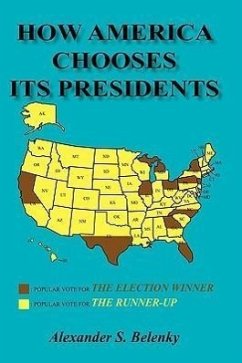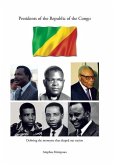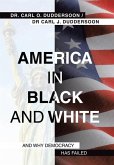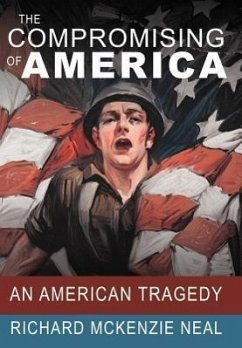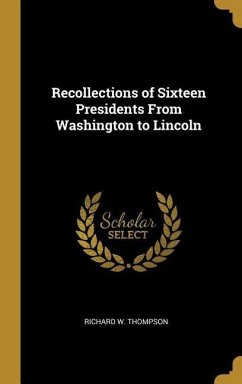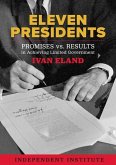The 2000 presidential election underscored the reality that outcomes in presidential contests do not necessarily follow from the votes cast by American voters. Under the Electoral College, a range of outcomes is possible, and what once might have seemed utterly remote now is clearly possible. Alexander Belenky has focused directly on what he calls extreme outcomes of our presidential elections. This topic is understudied and underanalyzed. He makes a real contribution in a timely way. -Dr. Norman Ornstein, CBS election analyst, American Enterprise Institute Sometimes it takes an "outsider's eye" to see the U.S. political system clearly, and Alexander Belenky's analysis of the presidential election system holds several remarkable surprises for me. Very few scholars have directly addressed fundamental flaws in the Electoral College's logic. Belenky lays bare several flaws. -Prof. David King, Institute of Politics, John F. Kennedy School of Government, Harvard University Colorado offers . awarding its nine electoral votes proportionate to the popular vote instead of winner take all . Colorado's "make your vote count" initiative seeks to put power in the popular vote . Could success in Colorado start a trend? . Electoral College experts aren't so certain . Alex Belenky, . who has written three books on the topic, including "Extreme Outcomes of U.S. Presidential Elections", says Colorado could prompt some states to dump winner-take-all but argues that the Electoral College is "flexible" and ought to remain in place-at least as a backup. One scenario he favors combines the popular vote and the Electoral College. "If there is at least 50 percent turnout of the electorate, then let the popular vote be decisive", he says, 'If there is not, then rely on the Electoral College". I like it. It's a good incentive to vote. -John Baer, Colo. Offering Electoral Change. Winner Wouldn't "Take All". Philadelphia Daily News, Sept. 28, 2004 ************************************************************************************** The Electoral College got a brief spate of attention in 2000. Many people realized then for the first time that we have a system in which the president is chosen not by the voters, but by 538 electors. It is a ridiculous setup, which thwarts the will of the majority, distorts presidential campaigning and has the potential to produce a true constitutional crisis. -(Abolish The Electoral College, The New York Times, Editorial, August 29, 2004) With another close presidential contest in store, that hardy if decipherable oddity of American Politics, The Electoral College is back in the news. . The Constitution requires someone to win a majority of the electoral votes; otherwise, the House chooses a president from the top three finishers. How do you think the public would react to the discovery that in such a contigent election, each state delegation has one vote, regardless of its size-the Democratic majority from California being matched by single Republican member from Delaware? . . I suspect this whole Electoral College issue is due for serious debate .. -(David Broder, Electoral College Alternatives Deserve Careful Scrutiny, The Seattle Times, Oct 21, 2004) One more surprising features of the controversy surrounding the 2000 election was its failure to spark any substantiated effort to abolish or reform the Electoral College. .The National Commission on Federal Election Reform, headed by former presidents Carter and Ford, decided early on not to even discuss the issue. "I think it is a waste of time to talk about changing the Electoral College", Carter observed. "I would predict that 200 years from now, we will still have the Electoral College'. -(Alexander Keyssar, Peculiar Institution, Boston Globe, October 17, 2004)
Hinweis: Dieser Artikel kann nur an eine deutsche Lieferadresse ausgeliefert werden.
Hinweis: Dieser Artikel kann nur an eine deutsche Lieferadresse ausgeliefert werden.

